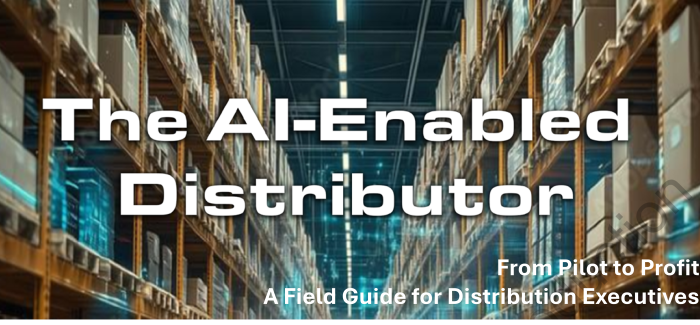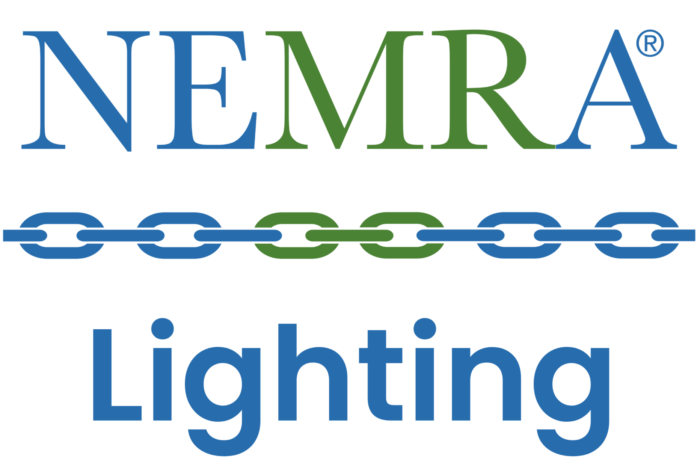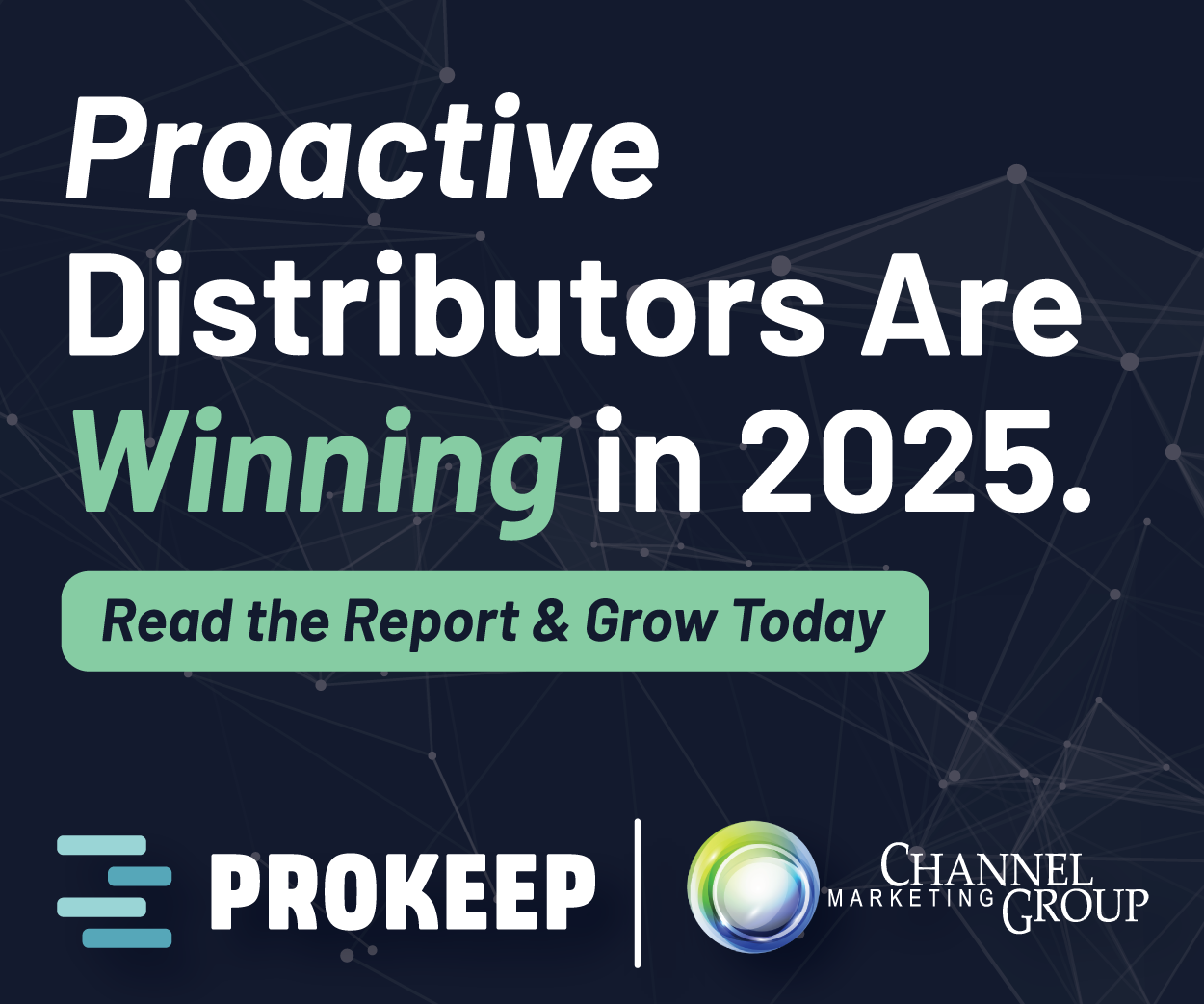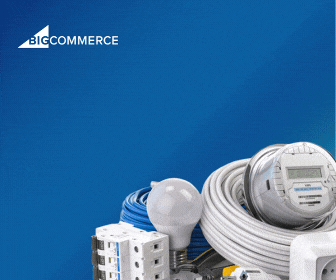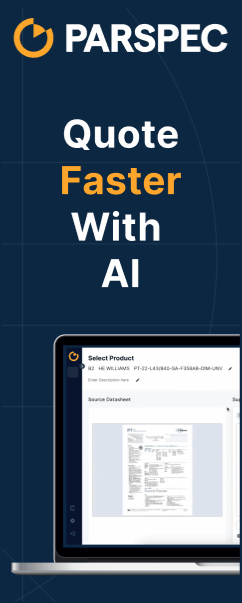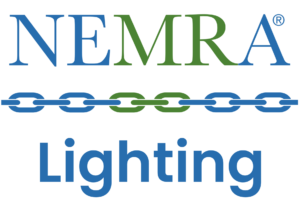Could AB add a B?
According to Jim Pinto, www.jimpinto.com, a noted automation industry observer, in his recent newsletter, this could become a reality (although it should be stated that this rumor was also floating around 7-8 years ago also).
Key elements from his most recent newsletter:
ABB CEO FRED KINDLE DEPARTS OVER ACQUISITION STRATEGY
The automation world and most ABB employees were surprised in mid-February when, midst excellent financial results, CEO Fred Kindle left the company.In 2007, ABB net income more than doubled; profit grew 57%; and revenues were up 25%. Profit for Process Automation jumped 26%, with revenues up 18%; margins increased to 10.6%. Bookings were up 21%. ABB announced doubling of its dividend and, a $2B buyback of shares.
So, with spectacular results, why did Fred Kindle (48) leave? The board said: “irreconcilable differences”. Fred Kindle said nothing.
Kindle managed a period of strong organic growth and profit. After his exit, the ABB board expressed their thanks to him for “driving the company to the extraordinary level of performance over the last three years”. But they refused to comment on the reasons for his departure.
Here is an insider’s summary of what happened:
The decision to force Kindle out was instigated by the ABB chairman and endorsed by the board. Kindle is a conservative manager, focused on planning, execution and detail. During his tenure as CEO, he failed to make any significant acquisitions, despite sitting on a cash pile of $5.4B, with the ability to raise twice that much through debt.
In Sept. 07, Fred Kindle said that ABB had looked at 100 possible acquisition targets, but shied away from any deals because “prices were too high.” He insisted that ABB hoped to execute a large acquisition or several midsize transactions over the next 2 years. Evidently, that was too conservative for von Grunberg, whose aggressive management style differed markedly, causing tension between the two. Clearly Kindle was getting frustrated with the push to make a big acquisition. It needed vision and talent which he didn’t have.
With a potential cash-stash of over $10-15B, ABB wants and needs to make a big acquisition – not several smaller ones.
My opinion is that US-based Rockwell Automation is the primary target. Rockwell stock has dropped from a high of 75 to the mid-50’s, making them an attractive target.
WHY ROCKWELL IS A PRIMARY ACQUISITION TARGET
All organizations go through five phases of growth. Each phase needs different management structures and strategies, and ends with a crisis that demands change. Here are the characteristics of the 5 growth phases:
- Entrepreneurial: $1M company, startup phase, 10-20 people. Informal communications, hard work with low pay. Usually ends with a leadership crisis.
- Direction: $ 10-50M, 100-300 people. Good organization with well-defined functional responsibilities. Usually ends with an autonomy crisis and acquisition by a larger company.
- Delegation & Functional Management: $ 100M-$300M, 1,000-3,000 employees, decentralized organization. Usually ends with a control crisis.
- Coordination and monitoring: $ 1B+, global span, 5,000-10,000 employees. Usually ends with an organization crisis.
- Collaboration & Global organization: $ 10B+, 25,000 employees. Usually ends by stalled-growth crisis, and lack of visionary leadership.
Rockwell now has revenues of $5B, with about 20,000 employees, and is run by CEO Keith Nosbusch, an engineer. With a strong, but declining North American market share in PLCs and related products (widespread low-cost competition) and inability to generate organic growth in other geographies and markets, Rockwell is stuck.
At $5B, 10% growth represents $0.5B, which is tough to generate organically, and almost impossible to implement with multiple $50-100M (phase-3) acquisitions. One small profits-slip at any one of the acquisitions will throw Rockwell off balance and cause their shares to slide, making them even more vulnerable to being acquired.
Just as many mid-level acquirers know the vulnerabilities of Phase-2 and Phase-3 companies, company strategists in large organizations recognize the growth barriers for Phase-5 companies like Rockwell. This is why Rockwell is a specific target.
Rockwell MUST pull-off a phase-4 ($1B+) acquisition to sustain growth. But, beyond just cash (only about $500M available) they just don’t have the vision and management depth to buy anything bigger than about $100M. Like Kindle at ABB, Keith Nosbusch just doesn’t have the moxy and chutzpah to take his company beyond Phase-5. And so, sooner or later, Rockwell will be vulnerable to takeover. By ABB?
Two other “foods for thought”:
- Greg Scheu used to work for Rockwell and was their appointed person to lead SourceAlliance.com. Greg is now heads ABB’s North American Power Products division.
- A weak U.S. dollar makes acquisitions by foreign companies more attractive
Click here to read the complete version of Jim’s newsletter.
Does this make sense for both companies? What would be the impact on Rockwell distributors?


